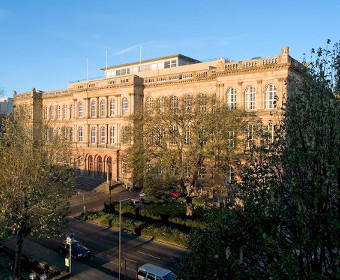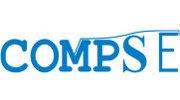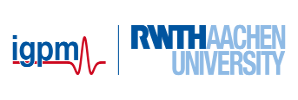
Topic:
The life sciences have become increasingly quantitative as new technologies
facilitate collection of large amounts of data and fast computers for data
analysis and the simulation of complex models are available. Mathematics
and computational science have become crucial disciplines for the study of
complex models of biological processes.
Modelling and numerical simulation of multi-scale biological systems from
molecular to the organ level is expected to be the key en route to tackle
pressing challenges of the future, such as precision medicine and clean
biotechnology.
To realize the potential of computational life sciences for health care and
other application areas, the further development of modelling techniques and
of numerical simulation methods is required.
RWTH Aachen aims to extend its activities in the area of mathematical methods in computational biomedicine.
The profile area Computational Science & Engineering of RWTH Aachen organizes this one day workshop on
mathematical modeling in Life Sciences with presentations of young researchers from the research area.





